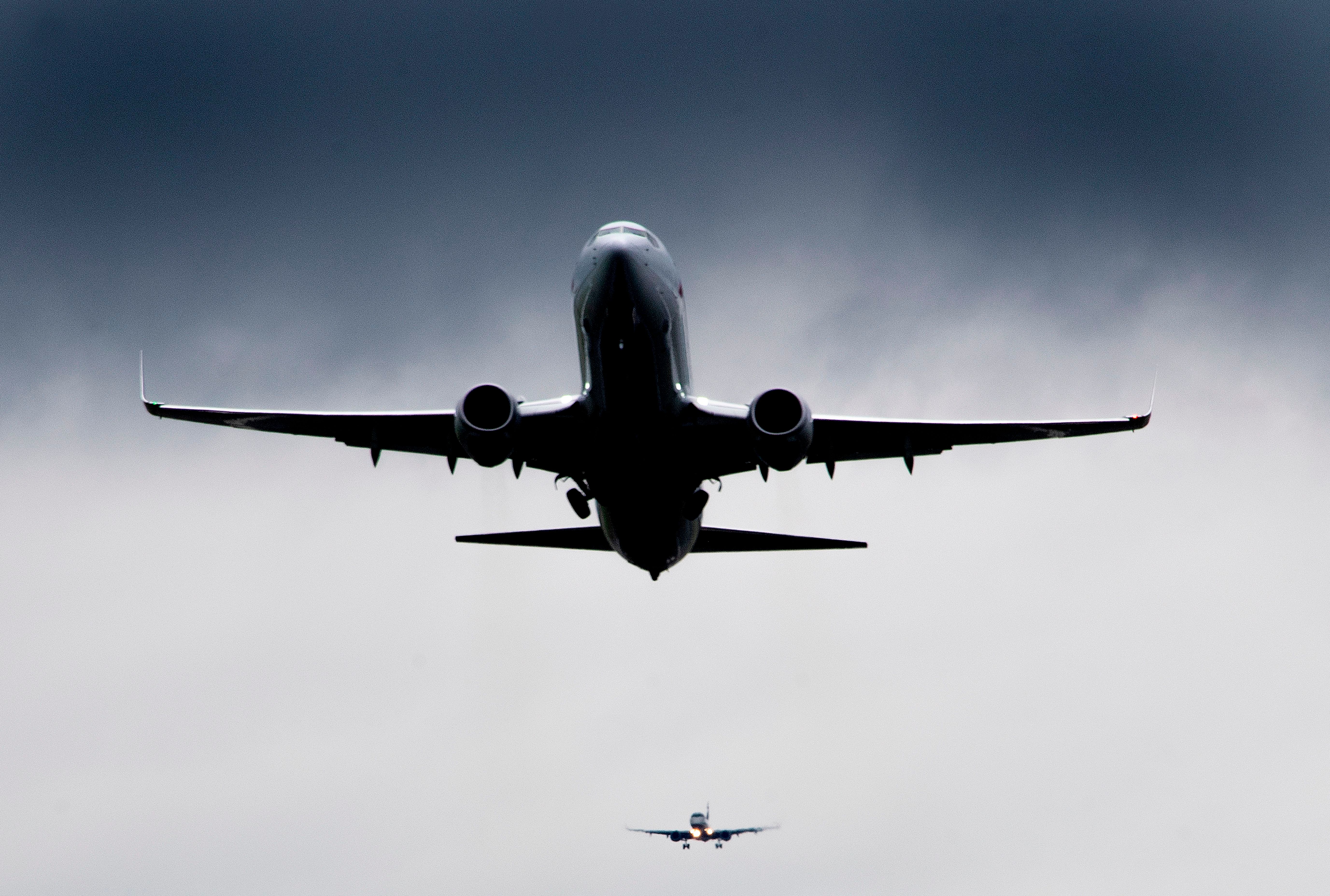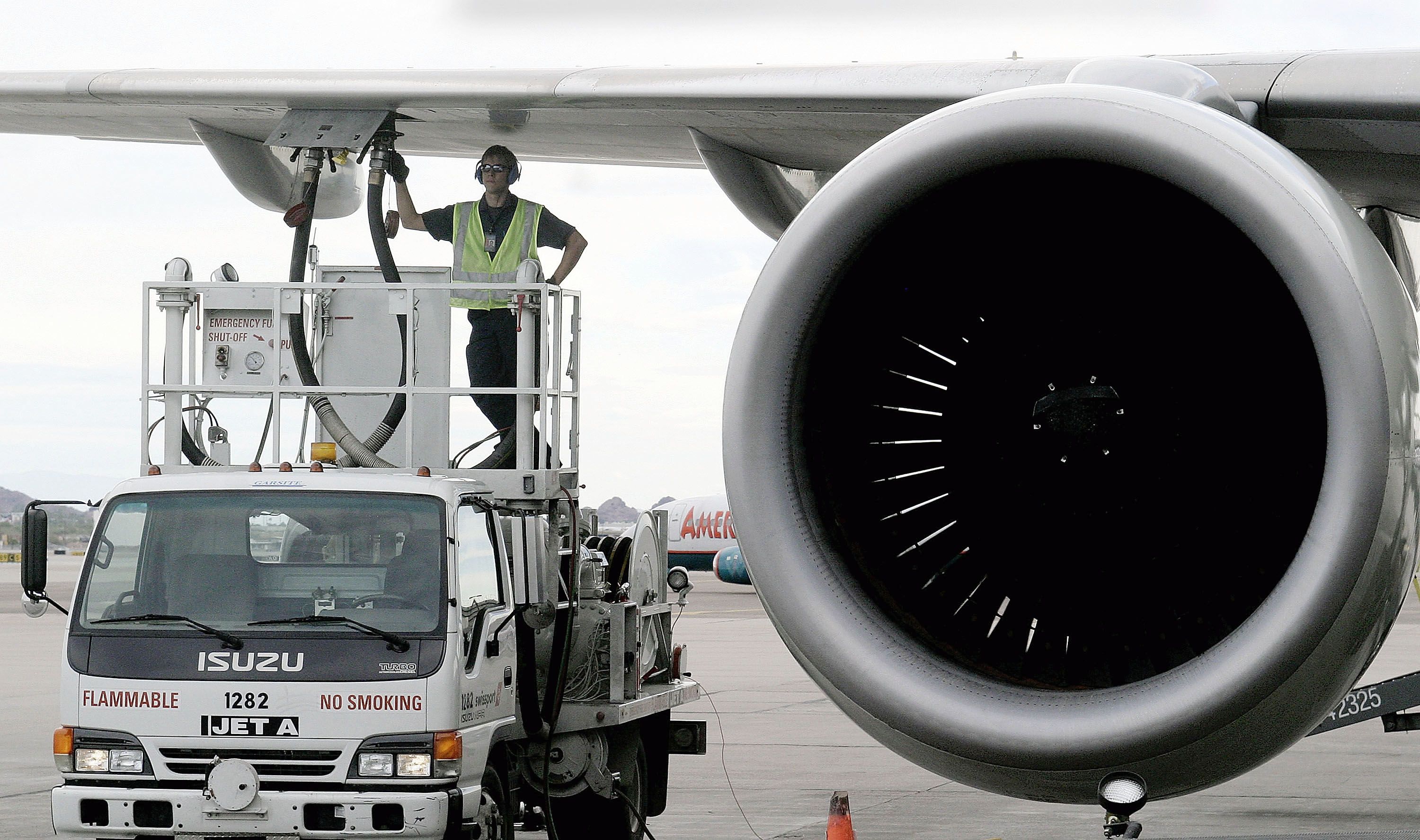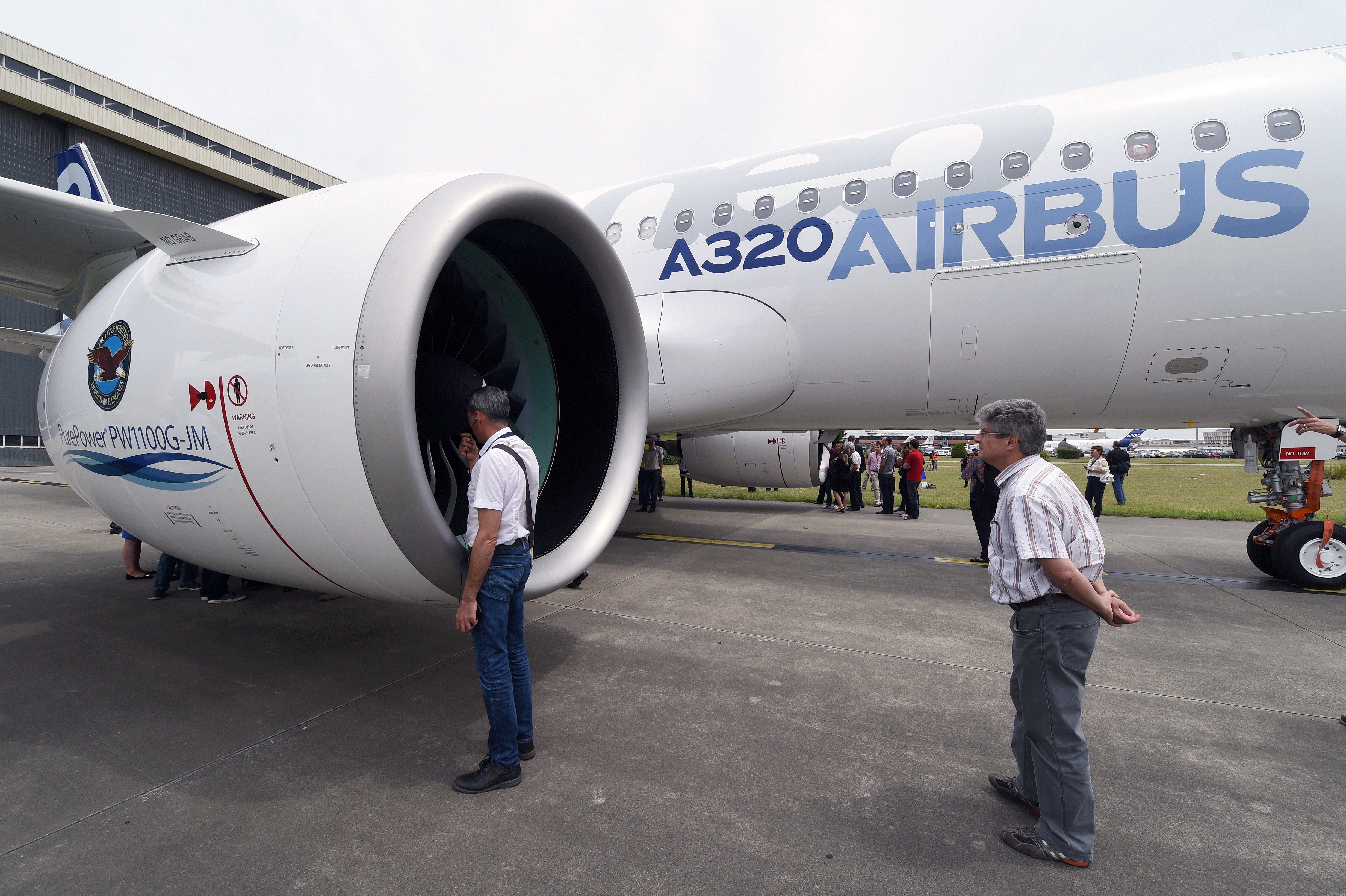Speaking at Tuesday's Eurocontrol panel on the future of European aviation in the coming decade, leasing giant AerCap's CEO Aengus Kelly commented on topics ranging from aircraft manufacturing output to the loss of his company's jets to Russia and the efforts of the aviation industry to decarbonize. While most agree sustainable aviation fuel, or SAF, is one of the key components, Kelly would argue it is a political show.
Just as IATA Director General Willie Walsh stated on the panel, Mr. Kelly believes that European politicians could create a more efficient air traffic management system across the continent, cutting ten minutes off the average flight length. However, he says this is "more painful" than the illusory sustainable aviation fuel targets currently being debated. Kelly says there is no way the financial means will be made available.
"Could we cut ten minutes of the average stage length of a flight over the next five years? Is that possible in air traffic control in Europe? That alone will make a very significant difference in fuel burn. But that comes back to looking at stuff that's closer to home, maybe a bit more painful to tackle. These grand aspirations of "we will use sustainable aviation fuel for 30% of our fleet" - that's not going to happen. That's more pie-in-the-sky political nonsense. No one's going to put that money to work. Not a chance in today's world."
Questioning eVTOL for passengers
The AerCap boss is also not very optimistic about the proliferation of flying taxis or eVTOLs. One of the reasons is that he believes they will not be certified without a pilot onboard (Boeing may take issue with that), which will make them financially unviable.
Despite many airports already preparing for advanced air mobility, he questions if they will be allowed airside, which will be an essential part in making them attractive as replacing ground vehicles as transportation to airports in congested cities. However, he does concede there will be some utility for them, but not for passenger transportation any time soon.
"So you've three passengers and a pilot. It's very hard to see how you could ever make money out of that. Also, the question, will they ever be allowed land airside? Do they have to land outside the airport if they're bringing people to an airport? The concept of saying, "I'm going to pick up passengers at the top of the skyscraper in London or Sao Paulo" - no way the owners of those skyscrapers will ever let random people into their building to go up to the top floor."
Hydrogen "a long way off"
As for larger aircraft, Kelly believes hydrogen may come along sometime in the future, but for today, it would require fuel tanks "bigger than the fuselage of the aircraft." Most likely, hydrogen will only take off closer to 2050. Until then, aircraft engines will run on hydrocarbons, be that Jet A or SAF (although Rolls-Royce might have something to say about that).
"We know that today because there are only three companies in the world who can build aircraft jet engines. This isn't like iPhones where it can be disrupted overnight. The requirement to be able to build an engine to send humans 40,000 feet in the air is extremely difficult. The regulations and the safety to go through it takes decades and decades. So that's an inconvenient truth of the industry."
If you haven't been acquainted with individual aircraft leasing companies before, you may have become more familiar with them since Russia effectively pirated planes belonging to foreign owners. For AerCap, this has meant the initiation of a lengthy legal battle to secure $3.5 billion from insurers to cover the loss of 116 aircraft and 23 spare aircraft engines.



